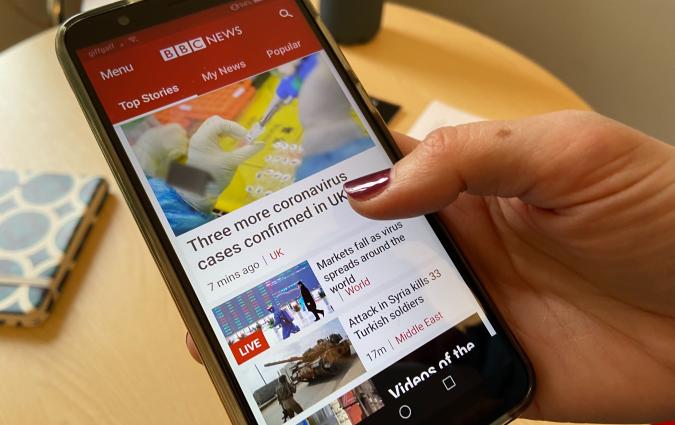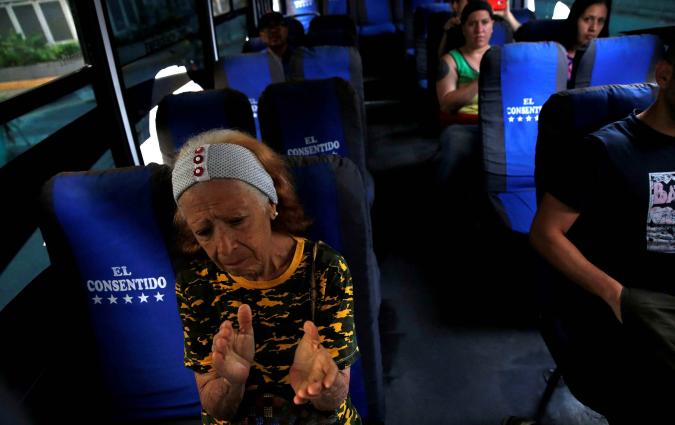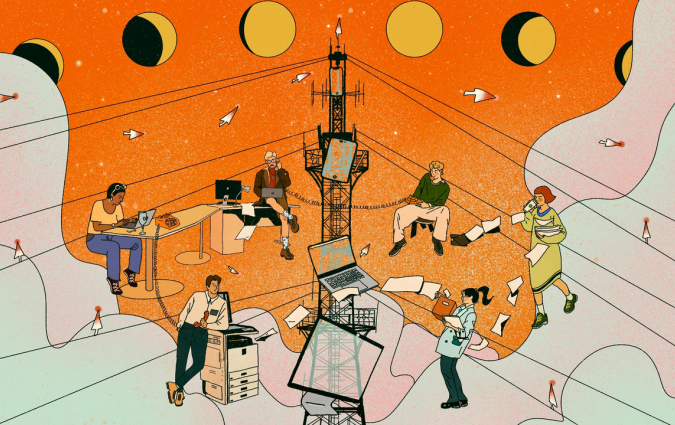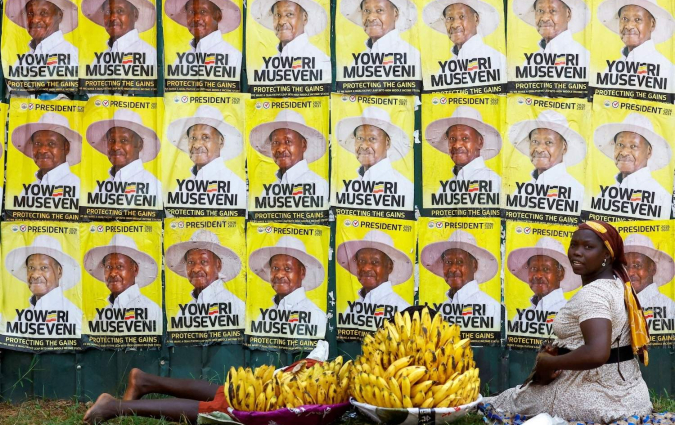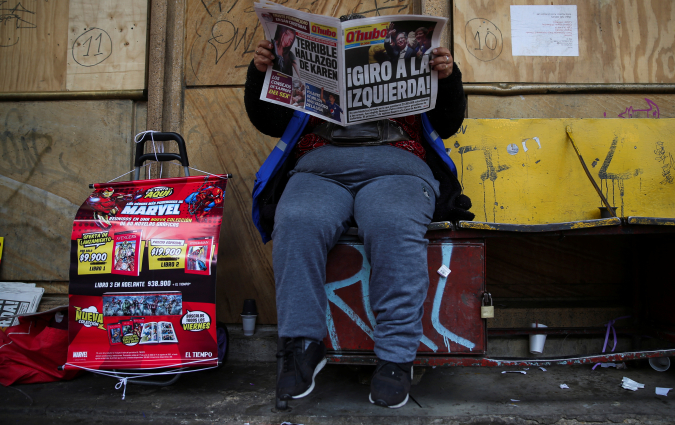As COVID-19 threatens press freedom, we must protect journalists under pressure
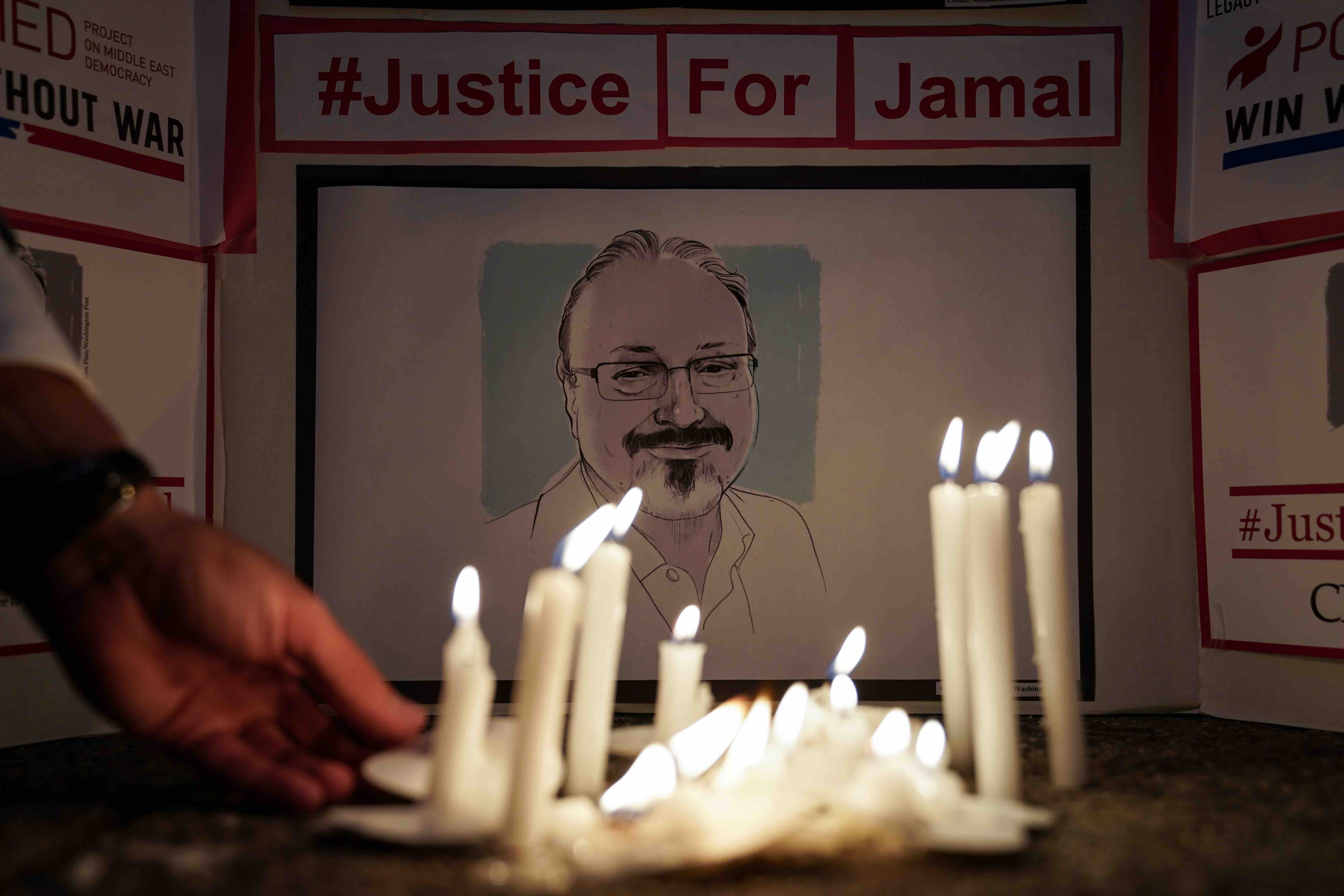
The Committee to Protect Journalists holds a vigil to mark the anniversary of the killing of journalist Jamal Khashoggi in October 2019. REUTERS/Sarah Silbiger
A day to defend journalism dawns with too many journalists behind closed doors: in prisons, in lockdown alongside their families or in limbo, waiting to hear if they still have a job once this crisis passes.
And yet if anyone ever wondered what the media is for, they certainly know now. The world is now a place where governments can explain to the public why they are being asked to voluntarily give up their freedom to go on to the streets. A place where the public can hear about what is happening in the world outside, and learn how their communities are coping.
It’s also a place where power is still held to account: where data journalists visualise bewildering death tolls and infection rates. It’s also where the stories are told, of those dying alone in care homes, of migrant workers left to starve, and of women for whom home is the most dangerous place to be.
This is a moment to make sure journalists can still report. On this World Press Freedom Day, COVID-19 pandemic has intensified existing pressures on journalists and created new threats. It has exposed every single weakness in an already fractured business model, and has highlighted how trust in journalism is key to the media’s future.
The Journalist Fellowship Programme at the Reuters Institute for the Study of Journalism has brought some of the best reporters from around the world to Oxford to look at the challenges facing the media and tackle them head on. We continue to do so, digitally while we must, in person when we can.
And our Fellowship gives these journalists not just the skills they need to go back and keep on reporting, but the chance to draw attention to the attacks and the issues they face.
Maryana Drach writes about her colleagues in Ukraine, arrested and jailed for their work. Consuelo Dieguez and Daniela Pinheiro speak out about how Jair Bolsonaro is systematically dismantling a free press in Brazil. Soma Basu and countless other Indian journalists, especially women, have come under sustained and vicious online attacks designed to intimidate and silence.
Our Journalist Fellowship Programme highlights these issues, but it also helps find solutions. A free press is one that is independent, financially sustainable and diverse, and we help our Journalist Fellows find models that work for their organizations.
Alvin Ntibinyane from Botswana’s Ink Center for Investigative Journalism spells out the very real threat COVID-19 poses for Sub-Saharan Africa’s media but offers up innovation and creativity as a way through. Javier Borelli and his colleagues saved their newspaper Tiempo Argentino by turning it into a collective after its owners shut it down and learnt how membership models could hold the key to their survival. Anim Van Wyk looked at how fact-checking site Africa Check could most effectively combat misinformation.
We want to make sure we can continue to bring journalists working under pressure to the Reuters Institute, to keep this conversation going. We are delighted the Thomson Reuters Foundation, our core sponsor and main Journalist Fellowship funder, will support a fellowship specifically for journalists under pressure. Anyone else who wants to contribute any sum, towards this fund, can do so here.


